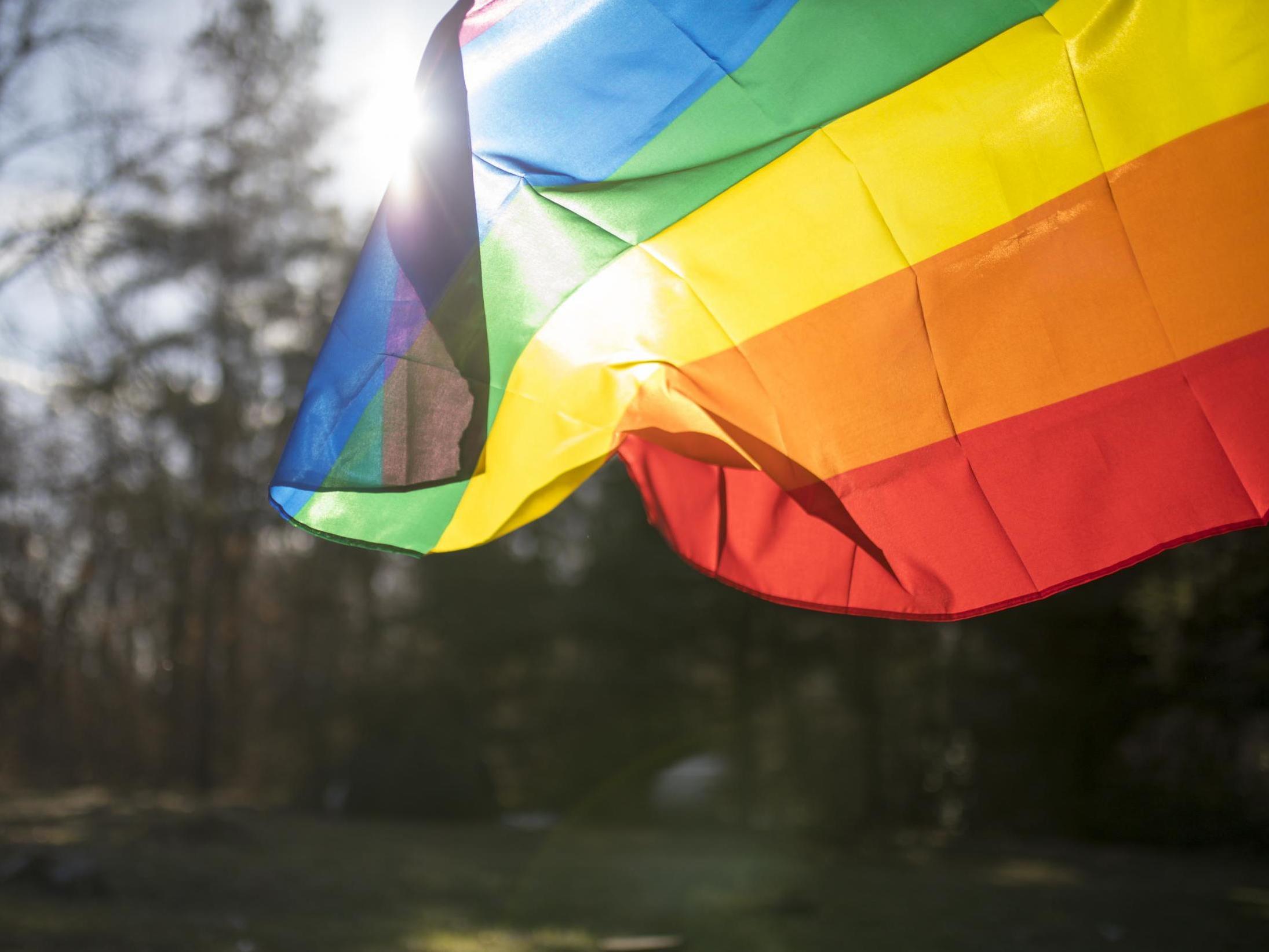Seven in 10 LGBT+ people sexually harassed at work in ‘hidden epidemic’, report warns
'People think it’s OK to ask very personal questions about their sex life'

Nearly seven in 10 lesbian, gay, bisexual and trans (LGBT+) people have been sexually harassed at work, but many feel unable to tell their employer due to a fear of being “outed” to colleagues, research by the Trades Union Congress (TUC) has shown.
The survey of 1,001 people across England, Scotland and Wales, published on the International Day Against Homophobia, Transphobia and Biphobia, reveals a “hidden epidemic,” Frances O’Grady, TUC General Secretary, said.
More than one in five LGBT people said they had been asked unwelcome questions about their sex life, such as how they had sex, or what their sexual “role” was. More than a quarter said they had received unwanted verbal sexual advances, such as suggesting they should have sex with someone of the opposite sex to “make [them] straight”.
Two-thirds did not tell their employer about the harassment, and of those, a quarter said it was because they were afraid of being “outed” at work.
“What we’re finding is that when people come out with their sexuality at work, people think it’s OK to ask very personal questions about their sex life,” Elly Gibson, a press officer at TUC, said. “It’s a really horrible situation.”
LGBT+ rights around the globe
Show all 9A gay man said: “One member of staff asked if I ‘take it up the arse’, and when I said I was unhappy about being asked [I was] told I was ‘a flouncy old queen.’”
A lesbian reported overhearing female colleagues saying; “I wonder if she pervs on us”. While a bisexual woman said a male colleague commented that she “must have some great threesomes” with her "lucky" male partner.
LGBT+ women were more likely than LGBT+ men to be affected. More than a third reported experiencing unwanted touching, for example hands placed on their lower back or knee. While more than one-fifth reported experiencing sexual assault, such as unwanted touching of the breasts, buttocks or genitals, or attempts to kiss them, while one in eight LGBT+ women said they had been seriously sexually assaulted or raped at work.
Black and minority ethnic LGBT+ women (BME) fared even worse. More than half said they had experienced unwanted touching at work, almost half reported sexual assault and more than a quarter reported serious sexual assault or rape. Half of LGBT disabled women reported unwanted touching.
Sexual harassment and assault has a big effect on people's lives. Around one in six said it had affected their mental health and a similar amount said they had left their job because of it.
The TUC said the findings are "shocking" and employers must take a zero tolerance approach to tackle it.
“Workplace culture needs to change. No one should think that a colleague being LGBT is an invitation for sexualised comments or inappropriate questions – let alone serious acts of assault. Government must change the law to put the responsibility for preventing harassment on employers, not victims,” O'Grady said.
Subscribe to Independent Premium to bookmark this article
Want to bookmark your favourite articles and stories to read or reference later? Start your Independent Premium subscription today.

Join our commenting forum
Join thought-provoking conversations, follow other Independent readers and see their replies